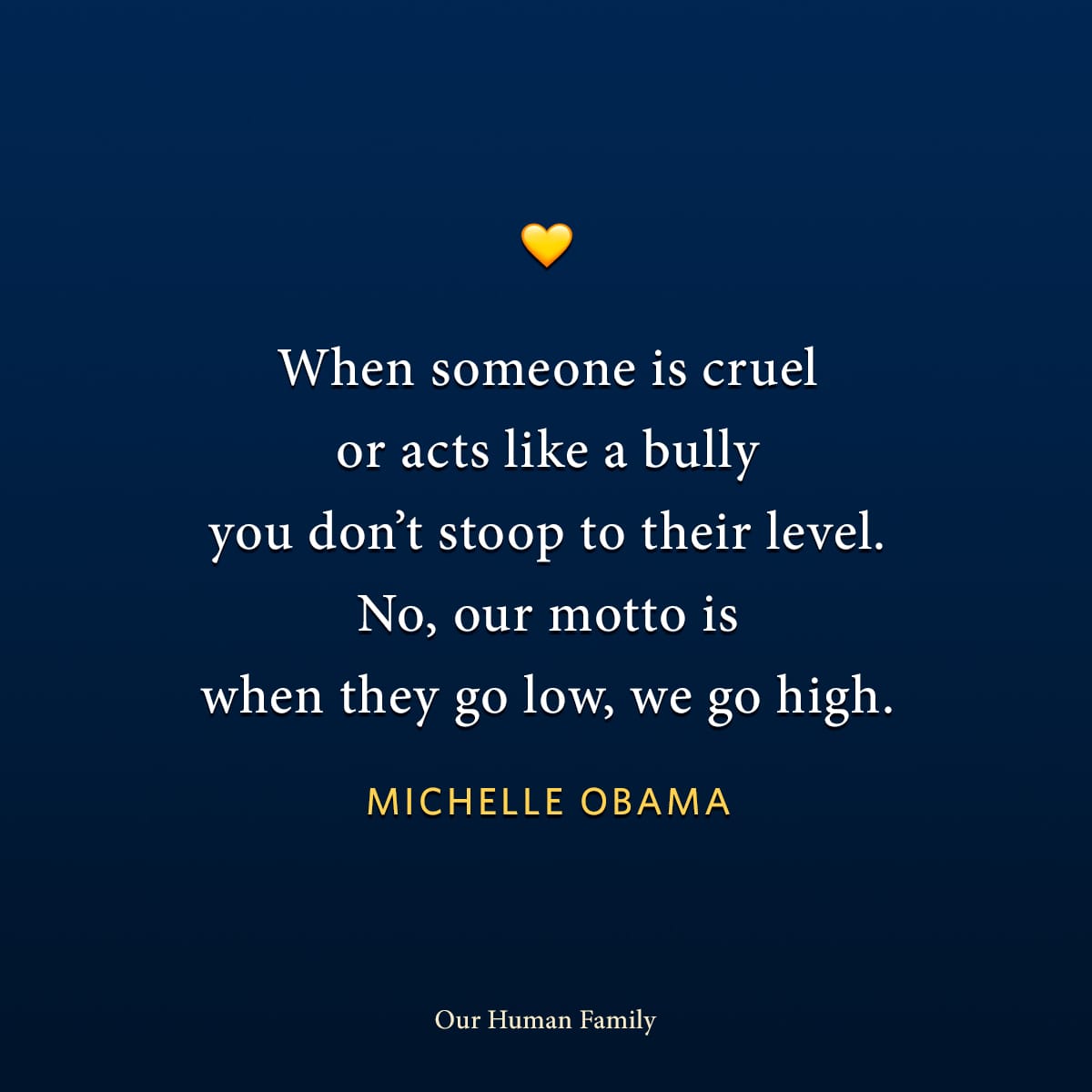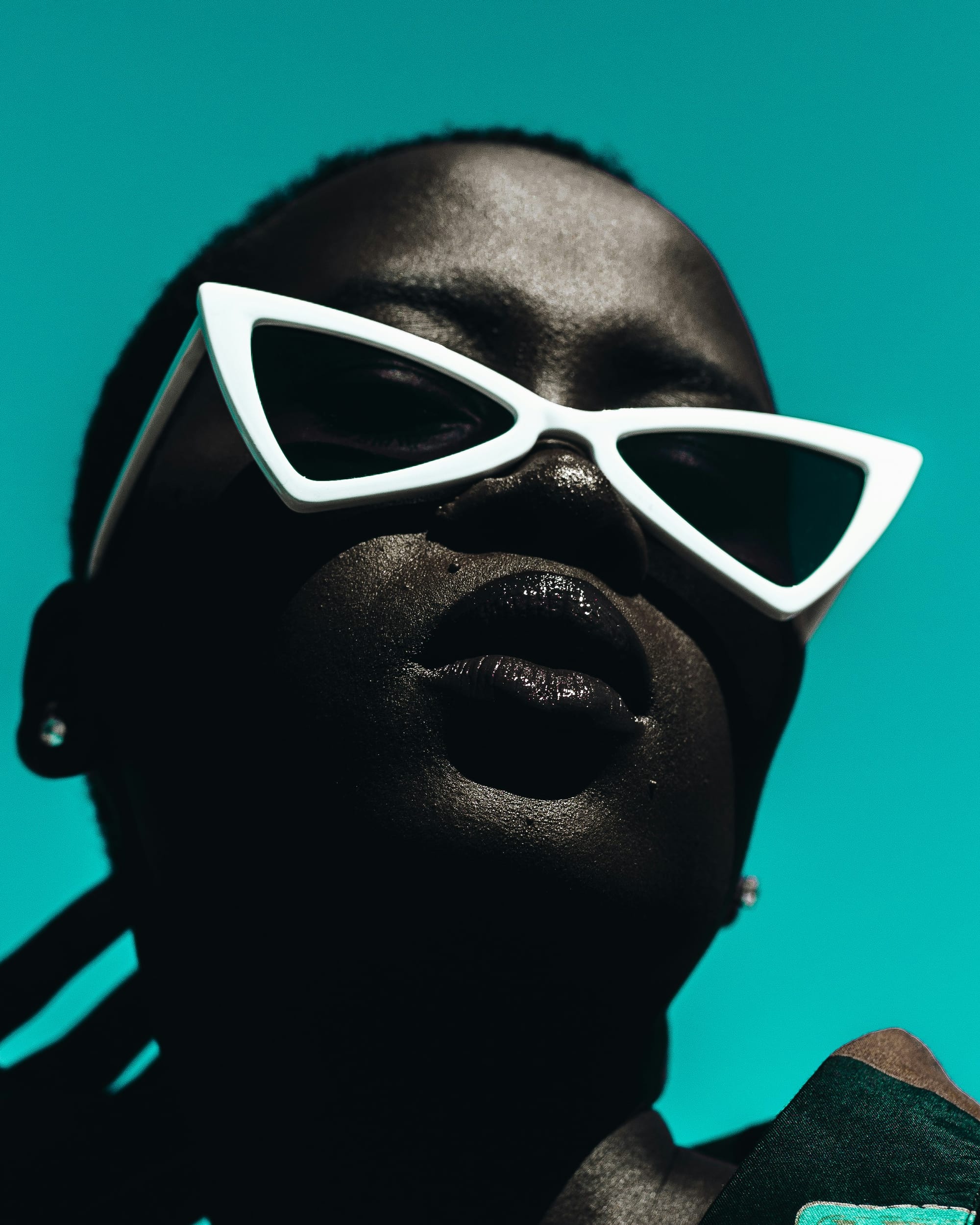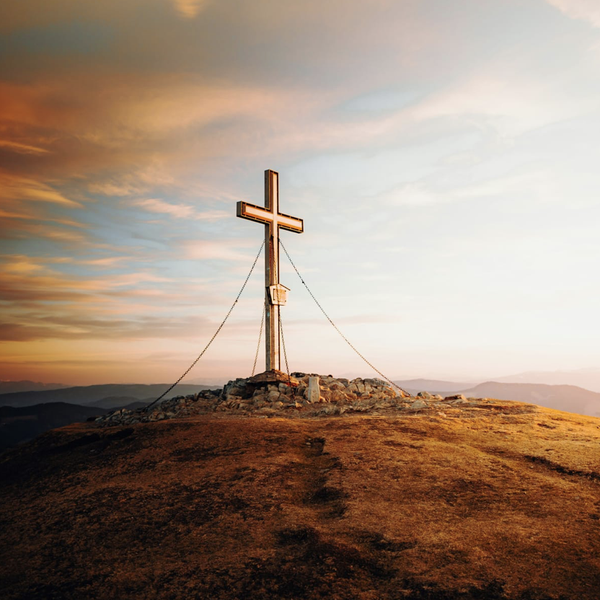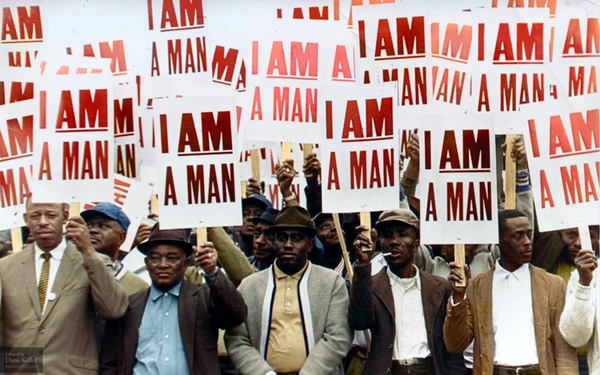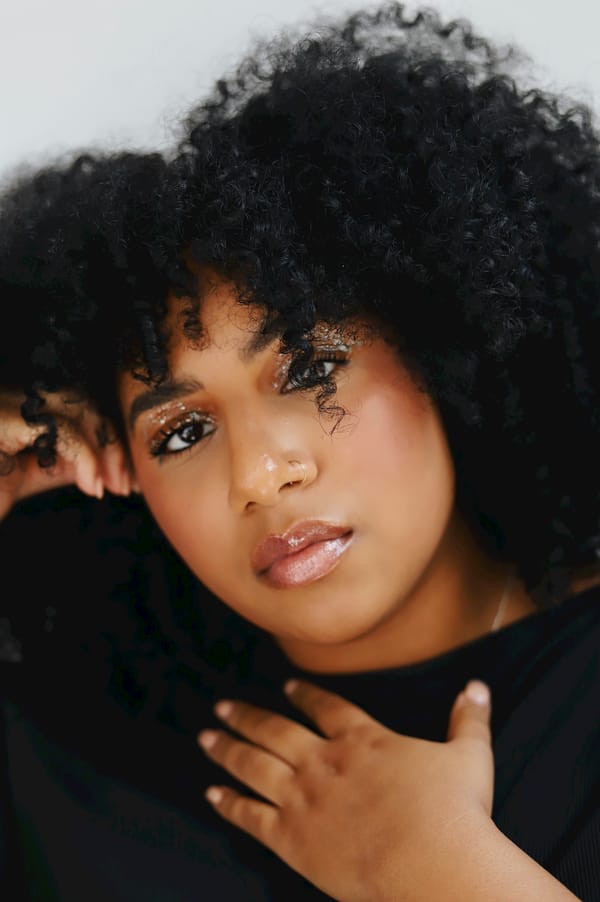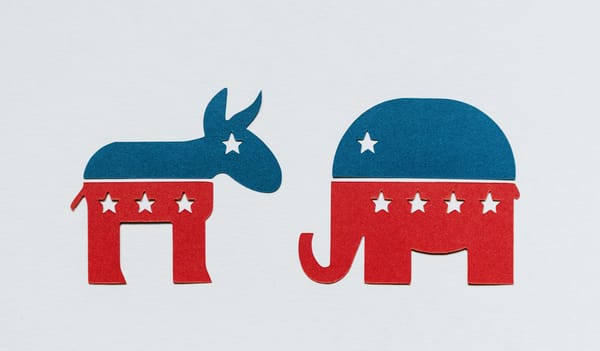Editor’s Letter
Black History Month is the time of year when we turn our attention back to our ancestors’ individual and collective accomplishments. When you think of our ignoble circumstances and sinister purpose behind our arrival to these shores in 1619, that we as a people are more than surviving yet less than thriving in America despite the incremental fulfillment of the Constitution’s guarantees is a testament to our fortitude, ingenuity, and character.
As some of you may know, my best friend, Mrs. Adams recently passed away at the incredible age of 103 years old. The world of 2024 surely would be almost unrecognizable to someone born in 1920 had they not experienced the monumental changes our country has wrought. My friend was front row and center for more than a century of it. Talk about some Black history.
A few years ago, Mrs. Adams agreed to be the subject of a biography, the primary focus of which was to share what it was like to live through times very much like these but still very much the same in terms of the need to maintain her dignity in the face of racism. And there was the whole matter of cultivating a positive outlook in a culture built to denigrate her. We sat down for a few interviews, but ultimately, we shelved the project as she began feeling apprehensive about putting so much of herself out there for the world to read.
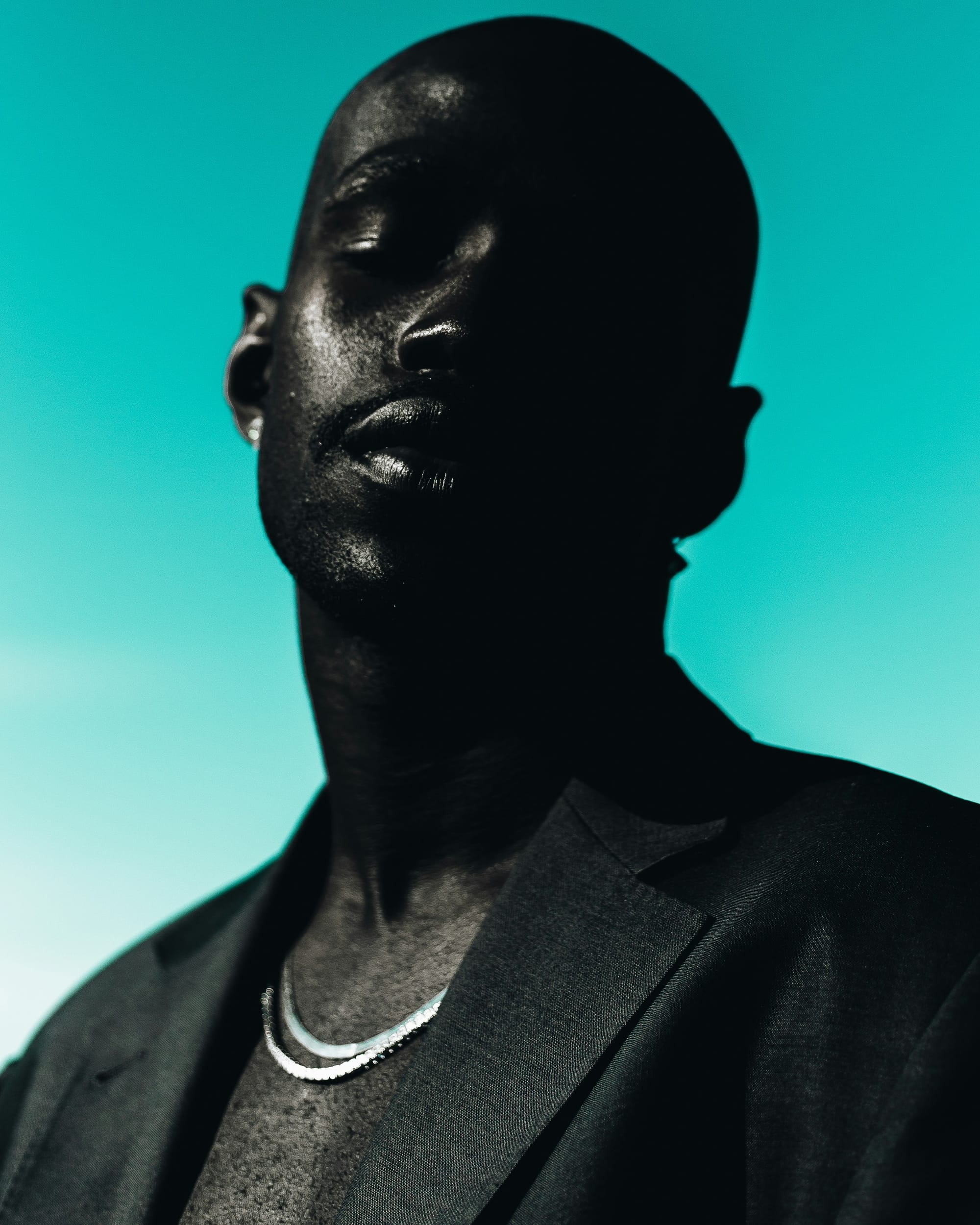
As you can imagine, I felt disappointed not being able to share my friend’s wisdom with the world, but nonetheless, I respected her decision and shelved the project.
I’m not fond of funerals, homegoings, memorials, requiems, and the like. I avoid them so much that I’ve already told many of my friends chances are pretty high I will not be attending their interment. My stance is not out of disregard but self-preservation. Funerals take me in an emotional sense to a place I find inordinately tricky from which to escape (more than other people): the land of grief.
But I attended my bestie’s funeral.
Listening to the firsthand accounts of people I had only heard about via Mrs. Adams, I gained a fuller understanding of her story, how her seemingly mundane responses to situations and circumstances added up to millions of moments that altered the trajectory of an unknown number of lives. The end result and the way her family and friends’ lives were more intertwined than we even knew or imagined.

In one sense, it’s easy to assume capital H history consists only of incidents writ large on a local, national, or global scale. You know the happenings that impact humanity in life-changing ways; natural disasters, political upheavals, cultural movements, economic boons, and even gradual cultural shifts spanning large chunks of time. See William Spivey’s “Why Black History Month 2024 is the Most Important Ever” below for prime examples. More often than not, we only get a hint of the impact in hindsight.
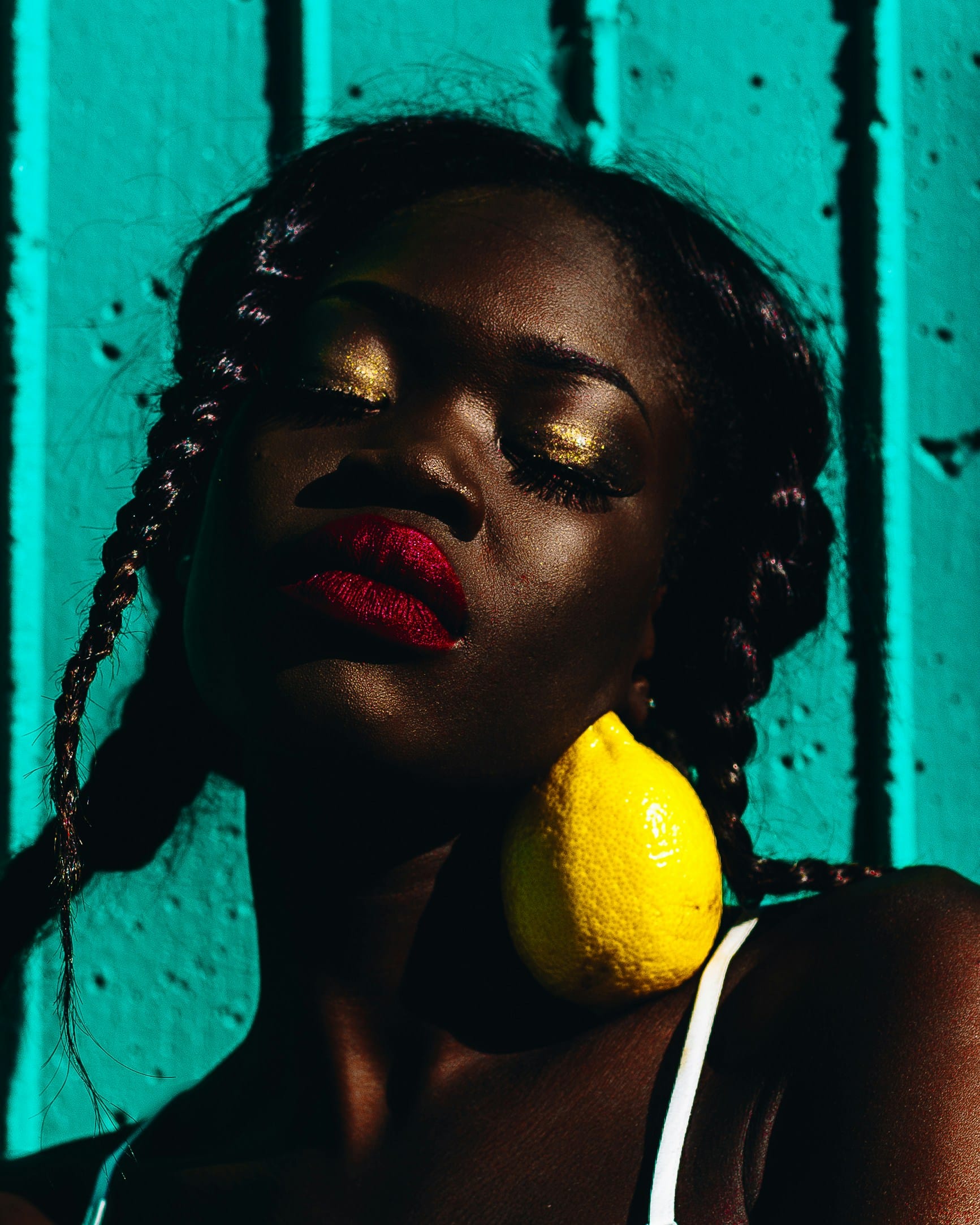
But as my friend’s homegoing service demonstrated, Black history—both lowercase and capital H—occurs in our daily lives. As so deftly noted in R. Wayne Branch’s article “Are You Old, Daddy?”, parents’ response to racism and countless other -isms inform their children’s behavior. The murder of George Floyd rushes to mind. Were it not for the bystanders’ individual decisions to bear witness to the Minneapolis police officers’ crimes, Mr. Floyd would have been just another Black man getting “what he deserved.” There would have been no cell phone footage, not nearly enough questions, no public outcry for justice; no local, statewide, national, or worldwide outrage, no arrest, no trial, and definitely no conviction of Mr. Floyd’s killers.
An individual’s decision to tear down or build up, empathize or demonize, include or exclude may not seem like much at first glance. But collectively, they can grow to monumental proportions and change the world. Sometimes, we get to witness the fruit of our labor. Most times, we need to remember that we are more alike than we are unalike.
This is the work of love.
Love one another.
Clay Rivers
OHF Weekly Editor in Chief
NEW THIS WEEK
Why Black History Month 2024 is the Most Important Ever
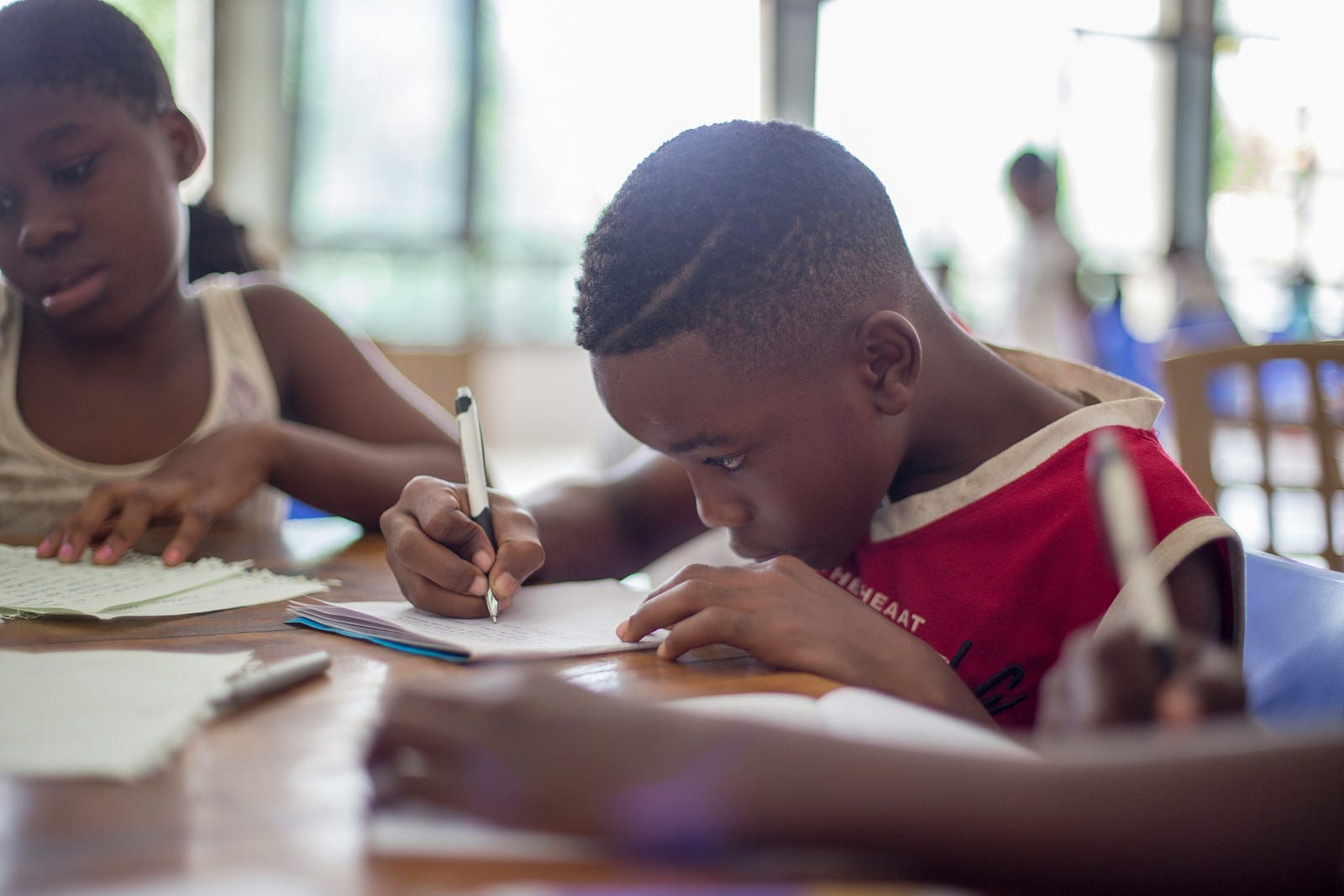
Black people in America have had their history brutally removed before. We were brought to a strange land and forbidden to communicate in our native tongues. Many weren’t allowed to read or write. One reason was to prevent word of uprisings in other parts of the world, like in Haiti.
Some were allowed to read the Bible and were presented with Christianity as the key to salvation. A slave Bible made its way through the West Indies and America with all the references to revolution and freedom removed. Moses never escaped Pharoah in Exodus in the slave bible. The enslaved were taught to comply and obey.
Black History wasn’t taught to the first arrivals; every effort was made to sever the connections to a land where there were Black Kings and Queens. There were slaves as well, but that slavery was nothing like the chattel slavery practiced in America. Despite efforts to contain it, Black History was passed down by griots in stories and songs. Inconvenient histories were often denied until proven by DNA.
Read the full article at OHF Weekly.

Are You Old, Daddy?
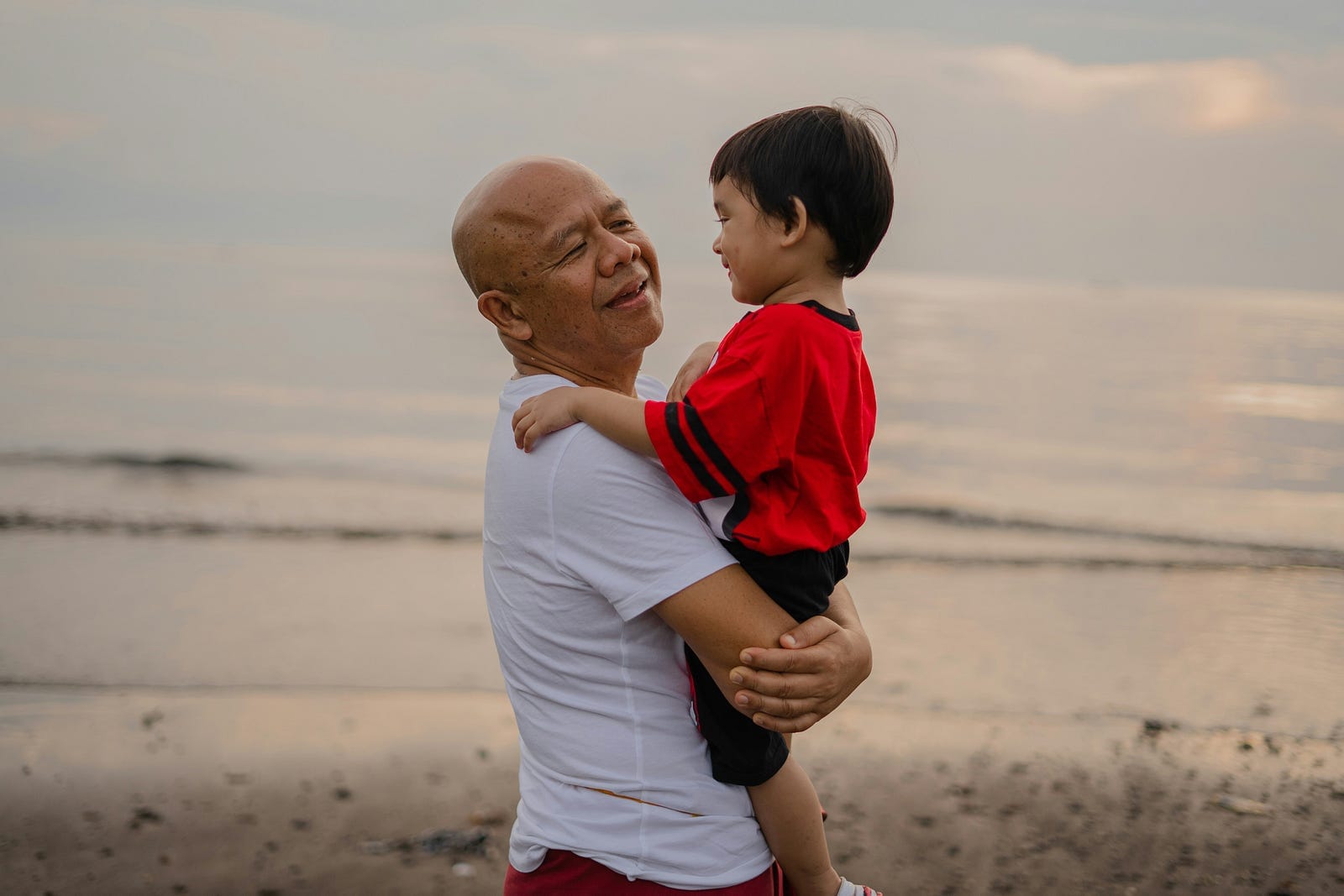
That was the question our six-year-old twins asked me over breakfast one morning. It was a question that, admittedly, caught me in an existential conundrum. You see, most of my conscious life, I’ve resisted boxes, labels, and carrying bags given to me by other people. Stuff like age, race, and sexual orientation, when assigned to us and owned by us, take away from the whole of our being. The person I am now, the me I allow others to see, and how my soul’s journey defines me within the universe gets encased if I accept the regard created by each box checked. And each box fills our bags with as much apprehension, judgment, and bias as others can heap upon us.
Now let me be upfront; I’m a lot older than most fathers of six-year-old children. I’m seventy-three. Therefore, this is a train I’d been expecting from their birth. I’d even wondered whether hiding from their friends would be better so they wouldn’t be embarrassed or bullied. Still, I was not prepared for the moment’s arrival. And indeed, no one could have predicted it would come wrapped in, or because of, my having cancer!
A few days before the question, we’d told our twins that daddy needed to see his doctors again. Since being diagnosed with cancer in 2022, my treatments have taken me to other cities. The first was for surgery. The second was to find an oncologist to discuss a possible reoccurrence. This time will be for treatments, which means more extended time away from them.
Read the full article at OHF Weekly.
More on Black History
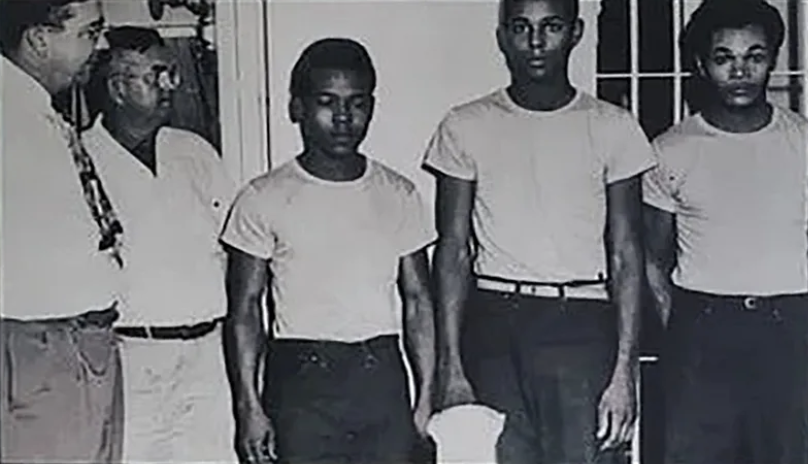
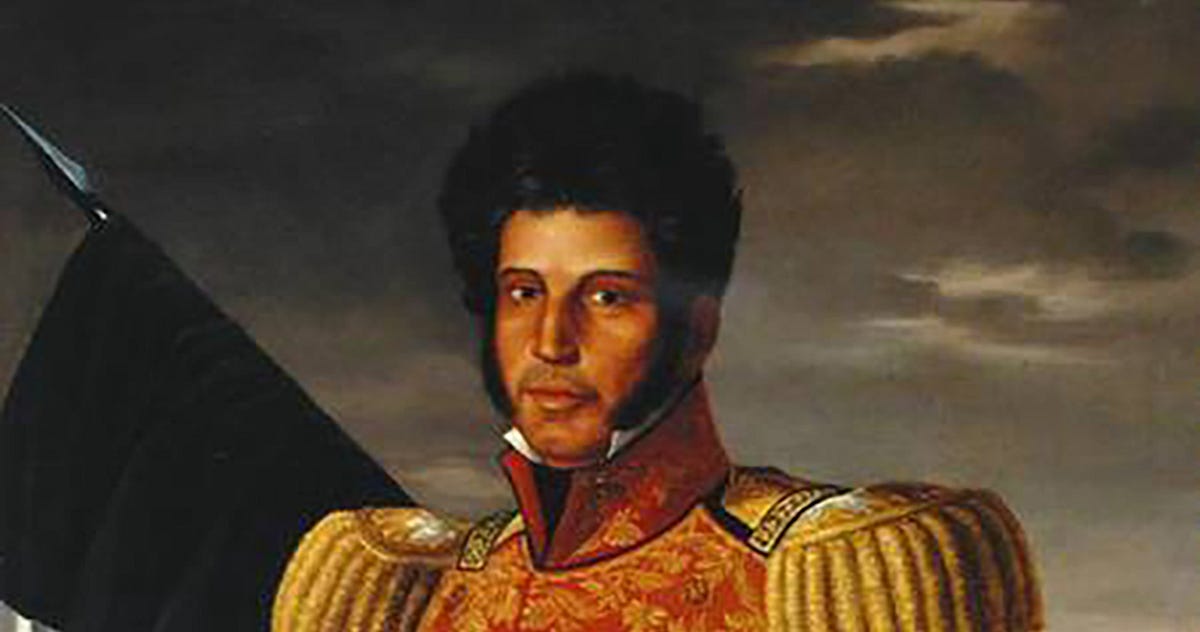

Final Thoughts
